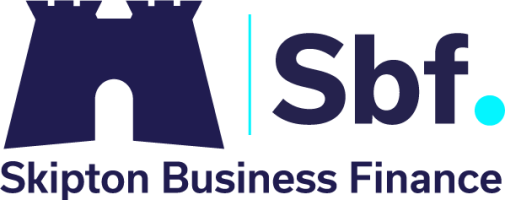The timing of cashflow can be all important in making or breaking a business.
Ideally, money made from trading would come in before, for example, a major bill had to be paid or tax was due. It would be ideal, say, if the money you have earned was paid before your staff need to be paid.
As a business owner, you always have to have one eye on whether or not you have a shortfall of funds - the old adage 'sales is vanity, profit is sanity, but cash is reality' certainly comes to mind! If you have a shortfall, it is known as a cashflow gap (see our comprehensive glossary for more definitions).
A cashflow gap can widen around the end of the month, especially when wages need to be paid, whilst invoices issued to debtors from the same period may not be paid into the business for 30, 60 or even 90 days.
A cashflow gap could also increase due to :
- Suppliers tightening credit terms
- Customers going bankrupt
- Insufficient bank facilities available
- Poor credit control
- Not forecasting ahead.
So, as long as your business is offering credit terms, the potential for a cash flow gap to appear will always be there.
But there are ways to plug a cash flow gap, be it permanent or temporary solutions!
Here at Skipton Business Finance we can offer you a comprehensive range of fast and flexible invoice finance facilities such as invoice factoring and invoice discounting, which can help solve your cash flow worries and enable you to focus more on other parts of your business, such as developing your client base.







